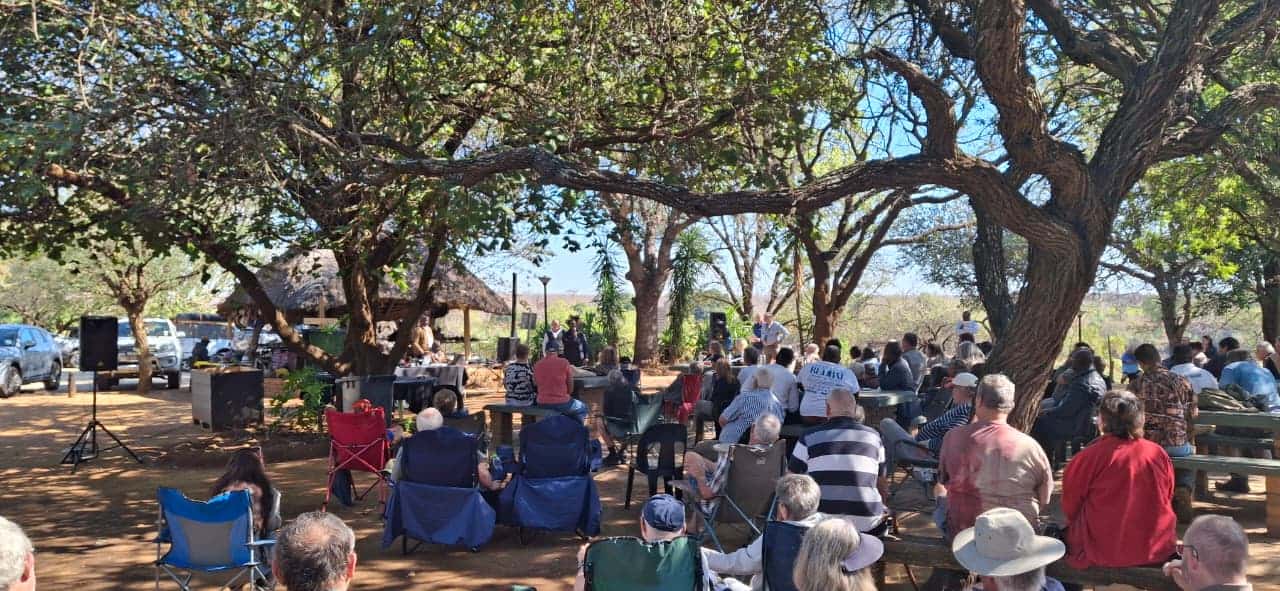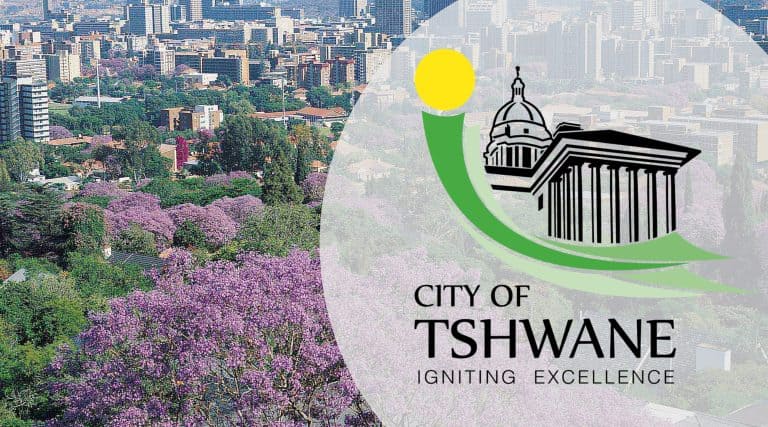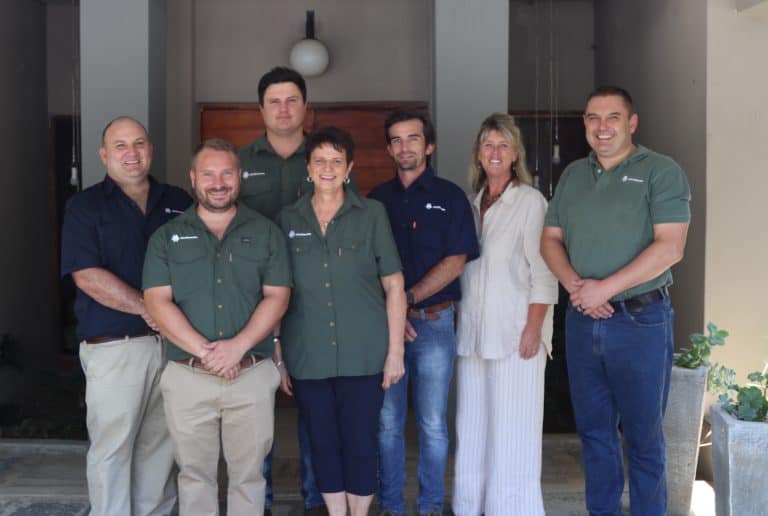Kruger mine: AfriForum butts heads with environmental consultant during public meeting
AfriForum today sharply criticized the ongoing procedural fiasco that characterises the environmental consultant, Kimopax’s environmental impact studies for Tenbosch Mining during a public meeting in Marloth Park. Tenbosch Mining intends to open a mine on the doorstep of the Kruger National Park, which according to the civil rights organisation will have serious and far-reaching implications for the ecosystem of the largest national park on the continent.
AfriForum maintains that the process is opaque; that there is a continuous failure to provide feedback on critical questions to interested and affected parties; and that the legality of the process must be questioned because Kimopax cannot provide evidence of the necessary approval from the Department of Mineral Resources and Energy (DMRE) to formally grant the extension for the submission of the environmental impact study.
During the meeting, several questions were also asked about agreements made regarding the mining application. According to Kimopax, SANParks and landowners approved the application to proceed but could not provide any proof of this.
Furthermore, during the meeting, AfriForum asked Kimopax for evidence of the DMRE formal permission for the extended submission, but Kimopax was unable to provide it. AfriForum continues to say that it is ready to take legal action if the process is not followed according to the provisions of the law.
According to Lambert de Klerk, AfriForum’s Manager of Environmental Affairs, this is already the third time that the environmental impact assessment has been circulated. However, this version contains the same critical errors and omissions as previous versions.
AfriForum is of the opinion that the continued failure to rectify deficiencies is a violation of the National Environmental Management Act 107 of 1998 and the 2014 Environmental Impact Assessment regulations. According to Regulations 40 and 41, public participation must be meaningful, all relevant information must be made available to interested and affected parties and the process must be procedurally fair and comply with prescribed timelines. However, these requirements are not being met.
“Kimopax’s inability to answer fundamental questions about the legality of the process raises serious concerns about non-compliance. Many questions are still unanswered with several studies missing, which will ultimately force the DMRE to make a decision based on incomplete information,” says De Klerk.
“This is not just about following processes prescribed by law, but about protecting one of South Africa’s most iconic conservation areas and ensuring that the voices of affected communities are not silenced. AfriForum will not hesitate to take this matter to court, if necessary,” concludes De Klerk.
AfriForum will continue to closely monitor the process and work with interested and affected parties to ensure that the rule of law and environmental protection take precedence over flawed mining applications.











